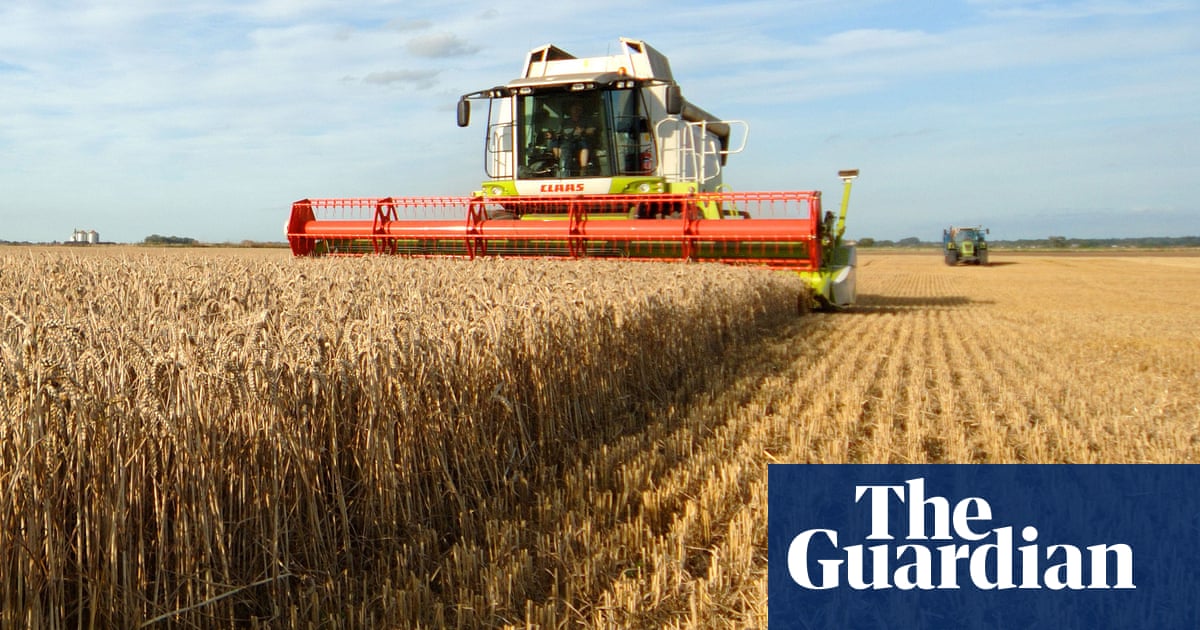The link between cricket clubs and beer is long and not always frothy. Some have held real-ale festivals on site, others have split over bitter disputes around bar takings, many more are kept in business by the thirst of their patrons. But very few – if any – grow their own hops. Step into the ring, East Rainton CC.
Set in an ex-mining village between Sunderland and Durham, East Rainton (formerly known as Hazard Colliery CC) dug in their first hops plant last year against the sunny south-facing wall of their clubhouse, in collaboration with the local nano-brewery Wear Beer. That name may be familiar from when the brewery hit the headlines 15 months ago, after being served a legal letter by Mercedes Benz, which objected to its logo – featuring the Lambton worm wrapped around a three-pointed red star.
It seemed unlikely that punters would muddle up the badge of a tiny brewery set up in the cellar of the Ship Isis pub in Sunderland with a huge luxury car brand, but the man behind it all, Julio Romero Johnson, wasn’t taking any risks – despite his logo being inspired by the international brigades who fought in the Spanish Civil War. He stepped away from registering the badge, but kept the logo and kept making the beer, with the dream of producing local beer out of locally grown hops.
Last summer he was approached by Rob Kitching, the volunteer secretary and groundsman at East Rainton, and a train driver for the Tyne and Wear metro in his non-cricketing life. Kitching had been one of the driving forces behind the club becoming a greener organisation, and the idea of being able to grow and drink home grown beer appealed to him greatly.
“We’d tried to do all the normal things: recycling, trying to car share to matches, adding solar panels on the roof,” he says. “Another thing was to try and source our drinks as locally as possible.”
The club already stocks local beers (very popular with members) and had a collaboration with local cider company Elvet to press the apples that grew alongside the medieval hawthorn hedgerow in the northern corner of the ground. Those went into a local blend alongside other donated apples and crab apples in the area. To add beer to the menu seemed a logical next step, although members will have to wait until the hops are gathered in September before they are able to taste the first brew to include the fruits of their own labour.
East Rainton only gained a bar two years ago – it is run by Kitching’s mum – and the addition of the solar panels, which charge on to a battery in the building, has made a huge difference. Before then, the club had been off grid. “We were limited to daylight before,” Kitching says. “We have the bar now open to the local community. There wasn’t a non-religious space in the village before either. We have community open days, founded a women’s team, all who have space to meet.” Does he have to go around pursuing people who leave the lights on like a frustrated parent? “They’re all on timers and have centralised switches so people can’t leave them on.”
The idea of sourcing things locally has proved very popular, in fact the whole process of trying to exist more sustainably as a club has been fairly trouble-free.
“To be honest, once we’d summoned up the idea, everyone was very keen on it. Half the battle is that people think it is such a chore, we’re trying to prove that it really isn’t.
“As a sport, cricket is played outdoors at the hands of the weather, why not do the best we can? We’ve got an electric mower that is charged by the solar panels, areas we’ve left wild at either side of the ground, which is a total no brainer as there is less to cut. We recycle and the different bins are well used. We’re quite a rural setting, deer come in, buzzards fly over, and we’ll be doing the bird survey [RSPB Big Garden Birdwatch] this weekend.”
after newsletter promotion
The club have also planted 480 tree saplings, provided by the Woodland Trust, created a wildflower garden next to the pavilion, installed rain water storage barrels for the irrigation of the square – with the hope of turning this into a larger rainwater harvesting system in the future. It will be no surprise to hear that they were the winners of the Tackling Climate Change Award at the Durham Cricket Awards in 2023, as well as being highly commended in the Cricketer magazine’s Greenest Ground Awards 2024. That title was won by Fillongley Cricket Club in Warwickshire, whose hard work in rewilding the land and tackling the human ecology was rewarded not just by a £500 prize but a family of barn owls who took up residence at the club, one of whom was nicknamed Joe Hoot.
Back in the north east, Romero-Johnson, who is a part time civil servant when not brewing, has plans. As well as East Rainton, he has given hops to some of the local pubs, and hopes to take further cuttings to markets around Sunderland and hand them out to anyone who is interested in contributing to the brewing of a local beer. He might even find the time to go to a cricket match this summer.
You can’t help thinking that those who set up East Rainton, 176 years ago this year, would approve.

.png) 3 months ago
56
3 months ago
56













































